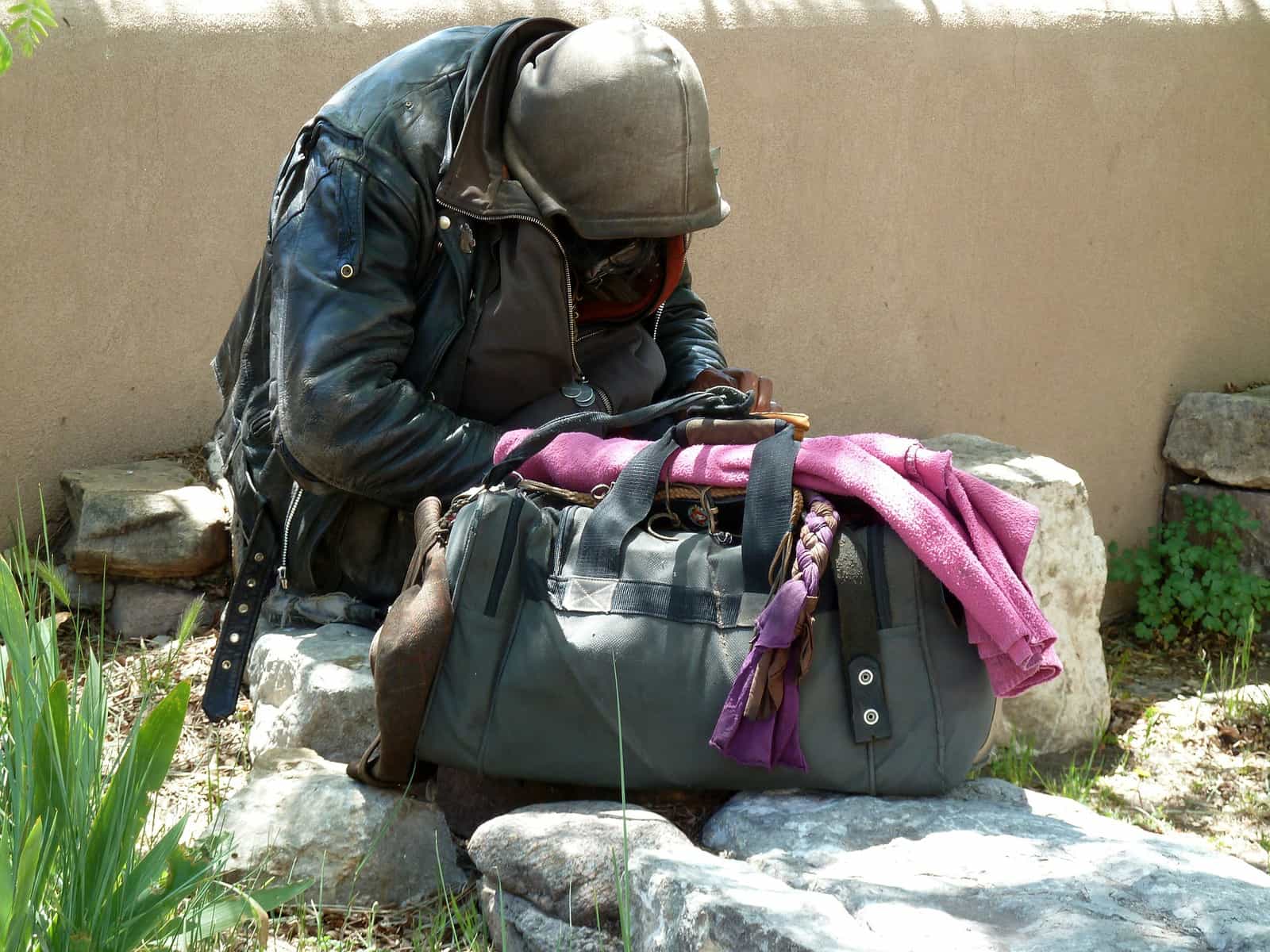When charitable donations aren’t as generous as they sound
A twist of fate, a wrong decision, a stroke of bad luck. All of a sudden, you find yourself face to face with an almighty struggle. One unpaid invoice leads to rent arrears and a mountain of debt. Then, a charity may be your only hope. A food bank, or an organisation that helps people to get back on their feet.

The big corporation and the charity
I know enough about life’s cruel blows to understand that destitution often arrives through no fault of its victim. And that charities can be a lifeline in such a situation. And yet, I received an email yesterday that made my blood boil.
A multinational business asking me to help with their latest advertising campaign. But they didn’t want to pay me. Instead, their marketing budget would be donated to a charity for the homeless and those in financial crisis. Great, a company with a conscience, right?
Wrong.
Donating to charity is big business.
First, there’s the tax break. You don’t pay tax on charitable donations, within certain boundaries. Secondly, there’s the free marketing and the improved reputation of a corporation that shows its support to a popular charity.
And that’s all fine, because the charity benefits as well. They can help more people with the donations. To someone who is destitute, that charitable giving can make all the difference.
So, what’s the problem?
The problem I have with this particular approach to fundraising is that the business itself was giving nothing at all. Instead, they were asking individuals – freelancers, contract workers and people who rely on their small business for an income – to work for free.
This was a cash-rich business who should, of course, donate to charity. However, the refusal of large businesses to pay freelance and contract workers for the service they provide is exactly the sort of thing that causes the problems the charity is there to alleviate.

I work directly with several charities and donate my own money to them. I wouldn’t dream of asking a builder to provide their services for free because I’d rather give my money to charity. I wouldn’t pop round to the local shop and tell them I’m not paying for my purchases, but I’ll put the equivalent value into their charity pot.
The slippery slope into poverty
No individual benefits from working for free so a large company can donate money to charity. But the company concerned gets to raise their profile. They get their advertising for nothing. Then, they make a token donation to a charity that helps people out of financial crisis.
Meanwhile, individuals work for nothing. If they weren’t freelancers, that wouldn’t even be legal. Or, they turn down the ‘opportunity’ to take unpaid work. But the problem is, an increasing number of companies operate on the same basis at this time of year. So, small businesses fold. Individuals struggle to pay the bills.
A twist of fate, a wrong decision, a stroke of bad luck. All of a sudden, they are faced with a mountain of debt. Turning to a charity is their only hope. And the ‘charitable donation’ from the big business helps a little with the numerous requests for food, shelter and financial help.






Totally agree with you. It wasn’t until I went self-employed that I realised that big businesses get tax relief for donating to charities.
Thank you. It just strikes me as so immoral, particularly the association with a charity that deals with exactly the problems they are causing!
Nat.x
I’m shocked. It’s great for business to donate to charity, but not at the expense of freelance workers! And I bet it would be the corporation that took all the glory for ‘donating’. Not a good CSR model at all.
Yes absolutely, it’s all about the glory for them and no concern for the issues they are causing.
Nat.x
Oh my goodness, that’s really awful. I haven’t come across this, but thanks for raising it!
Thank you Sarah, it did make me cross.
Nat.x
I’m with you on this one. I have chosen to write posts without payment to support charities that are very close to my heart but it has been my choice to support that charity by doing so and it has always been through working directly with the charity. Being expected to work for free by a big business who can afford both to pay me appropriately as well as donate to charity is just wrong.
Yes I totally agree with you Louise, I love to help charities where I can but I refuse to do it just to make a business look good.
Nat.x
I never thought about it like this but I have done this in the past because it meant I was able to be giving something to a charity.
Yes, I’ve done similar in the past too, but this one made me think and it really annoyed me.
Nat.x